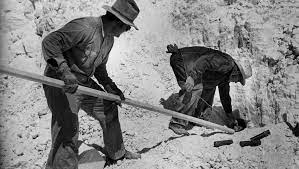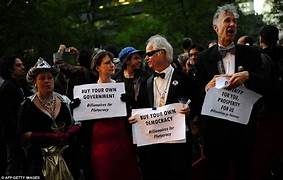On October 9, 2006, a significant event took place in the United States that would forever change the landscape of online video sharing. It was on this day that the popular video-sharing platform YouTube officially became a part of American mainstream culture.
YouTube was founded in February 2005 by three former PayPal employees—Chad Hurley, Steve Chen, and Jawed Karim. The website allowed users to upload, share, and view videos, making it a revolutionary platform in the world of online media. However, it wasn't until Google acquired YouTube in November 2006 that its popularity skyrocketed.
The acquisition by Google brought a new level of credibility and resources to YouTube, enabling it to expand and reach a wider audience. This move also marked a turning point in the history of online video, as YouTube became synonymous with video sharing and online entertainment.
On October 9, 2006, the impact of YouTube's rise to prominence was felt across the United States. It was a day that showcased the power of user-generated content and the democratization of media. Anyone with a camera and an internet connection could now create and share videos, reaching millions of viewers around the world.
With YouTube's user-friendly interface and vast library of content, it quickly became a go-to platform for entertainment, news, and even educational videos. From viral cat videos to political debates, YouTube became a platform for people to express themselves, share their talents, and connect with others.
The impact of YouTube on American society cannot be overstated. It allowed for the rise of internet celebrities and influencers, who gained massive followings and even lucrative careers through their YouTube channels. It also provided a platform for marginalized voices, allowing individuals and communities to share their stories and experiences.
In addition to its cultural impact, YouTube also had a significant economic impact. It opened up new avenues for advertising and brand promotion, as companies realized the potential of reaching millions of viewers through online video content. YouTube became a source of revenue for creators through ad revenue sharing and sponsored content.
Furthermore, YouTube played a crucial role in shaping political discourse and activism. It became a platform for citizen journalism, allowing ordinary people to document and share important events and issues. From viral videos exposing social injustices to political campaign advertisements, YouTube became a powerful tool for political engagement and awareness.
Since its inception, YouTube has continued to evolve and adapt to the changing digital landscape. It has expanded its features, such as live streaming and monetization options, to cater to the needs of content creators and viewers. Today, YouTube is a multi-billion dollar industry and a household name worldwide.
October 9, 2006, marked a pivotal moment in the history of YouTube and online video sharing in the United States. It was the day when YouTube's impact on American society became undeniable. From its humble beginnings as a platform for sharing amateur videos, YouTube has grown into a global phenomenon, revolutionizing the way we consume and interact with media





